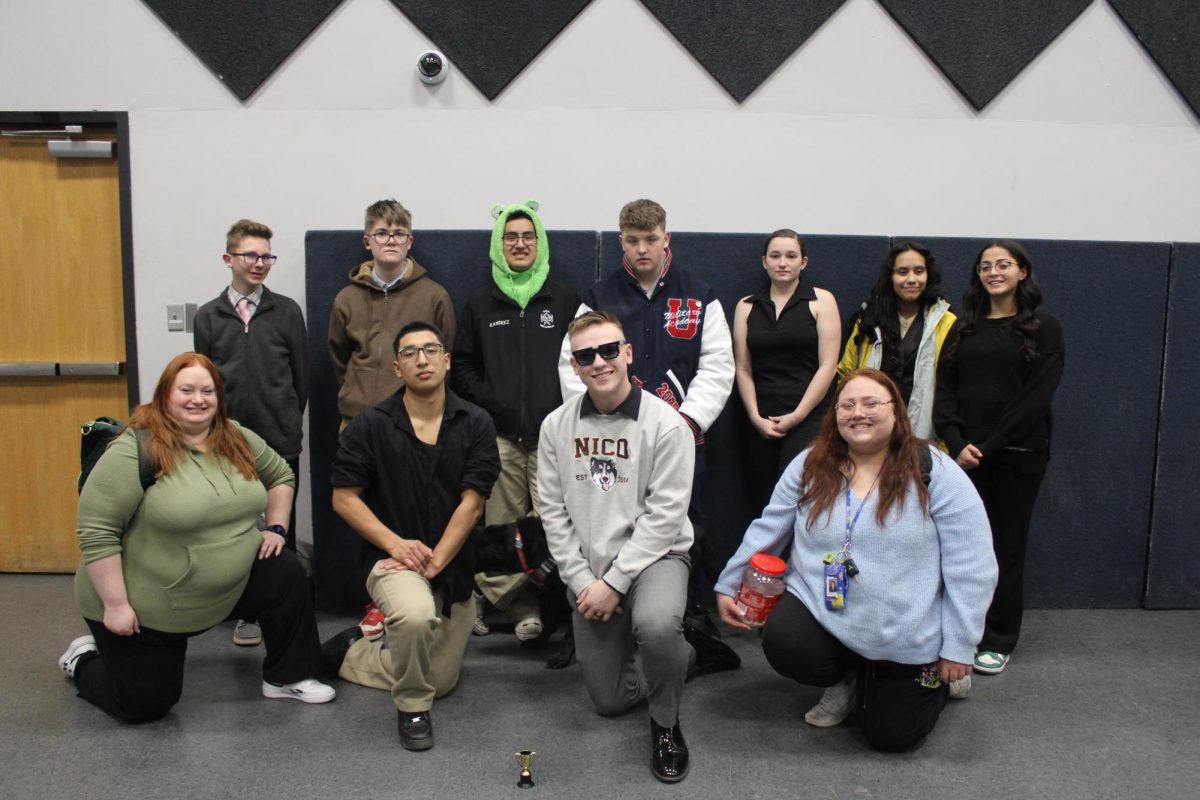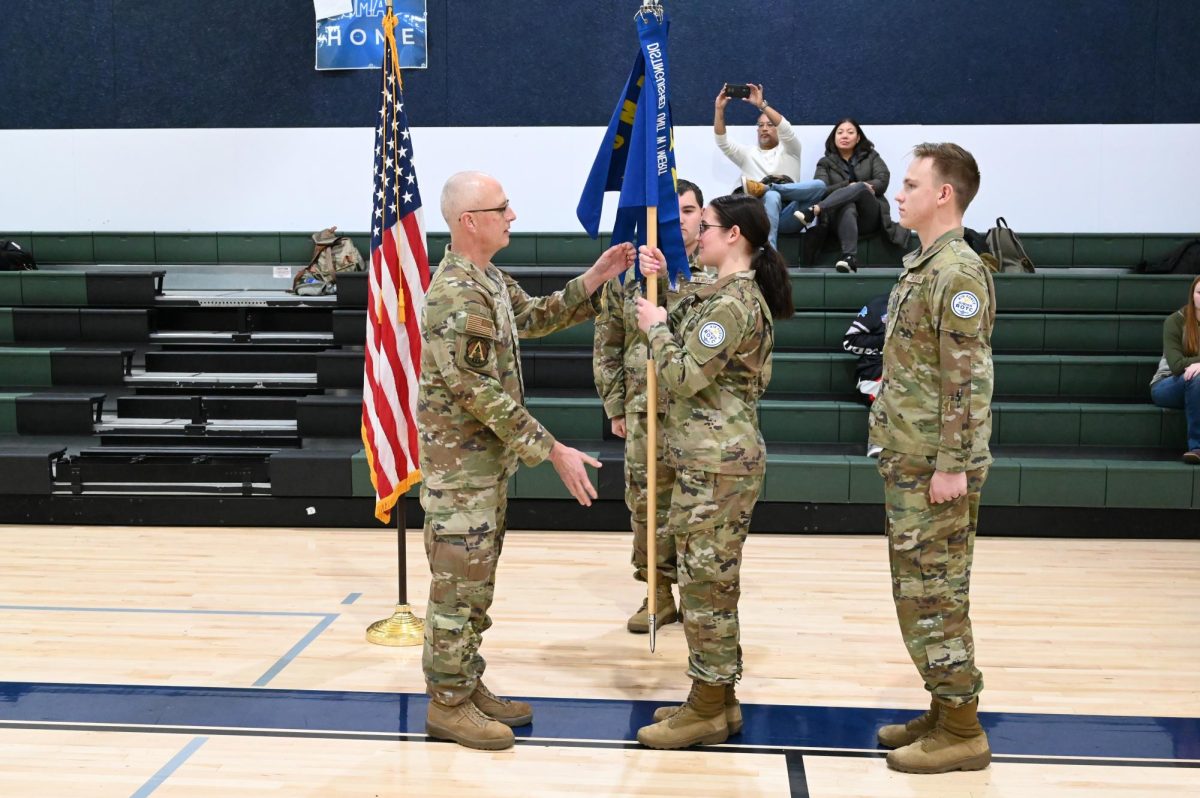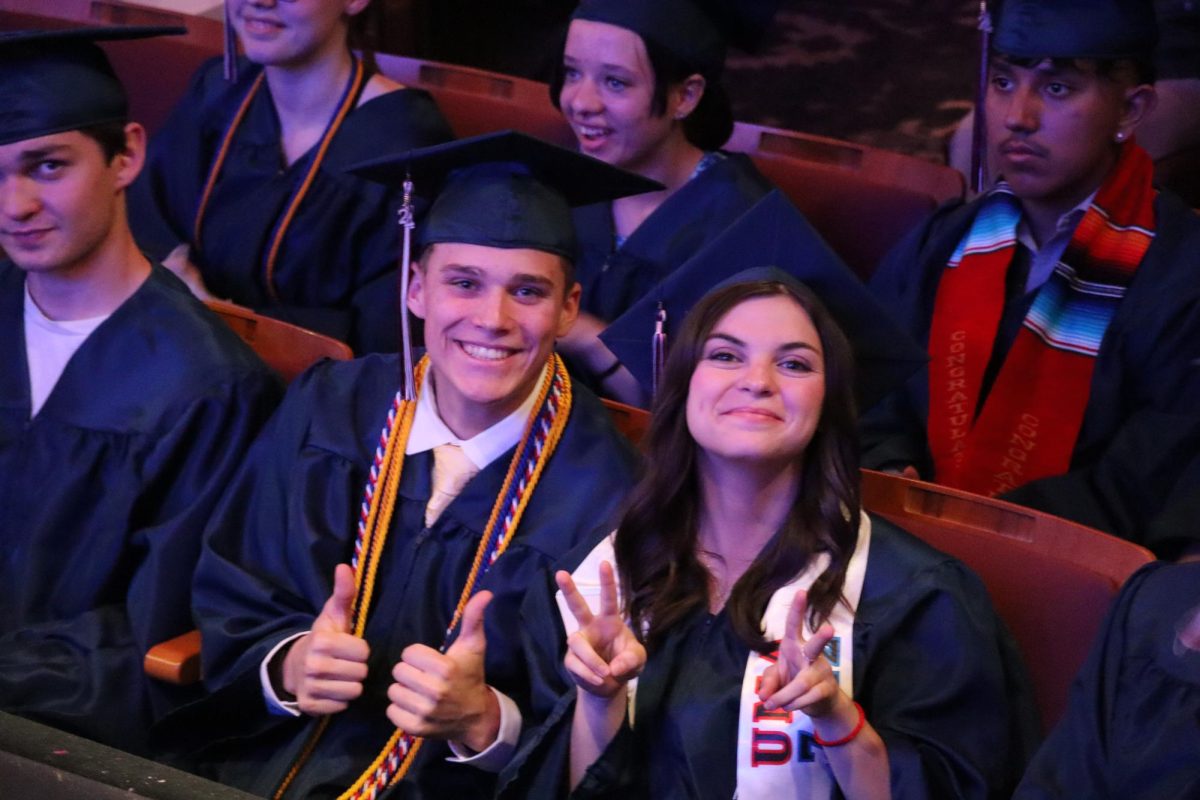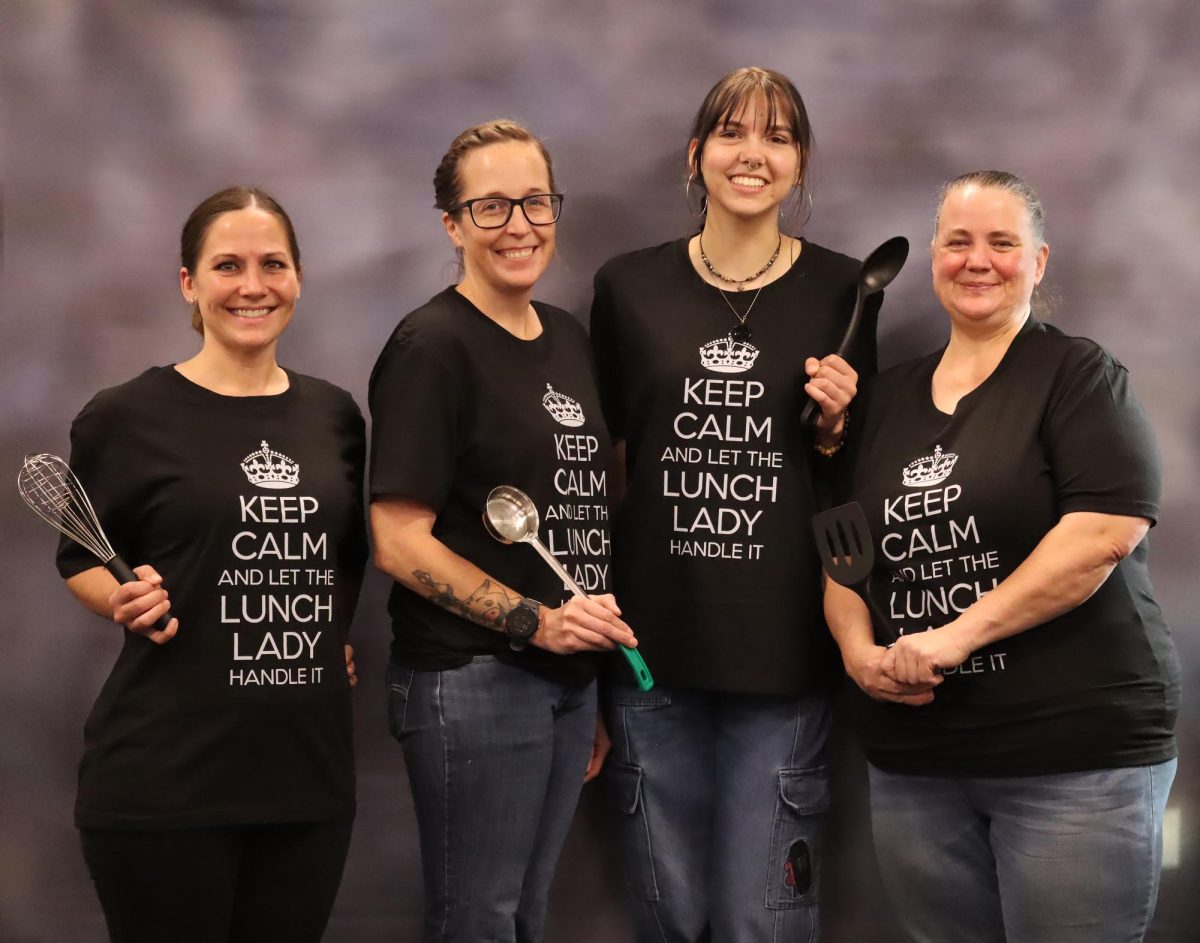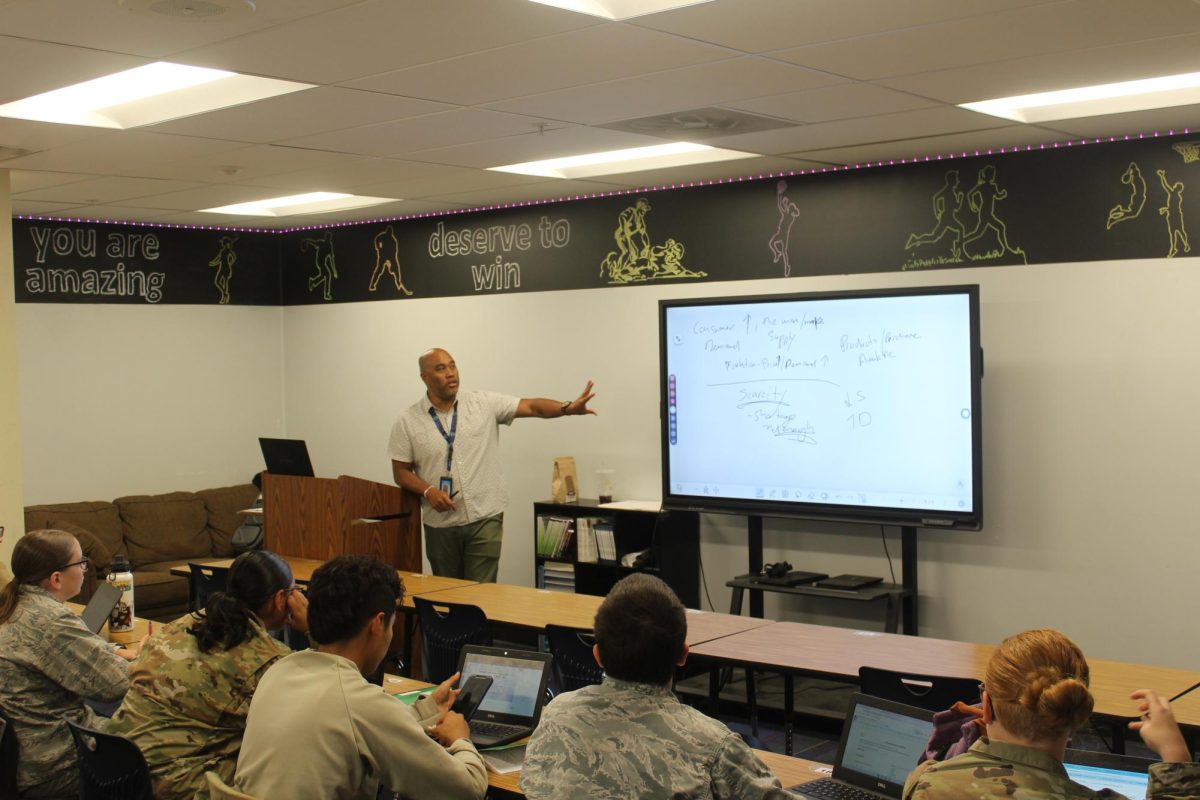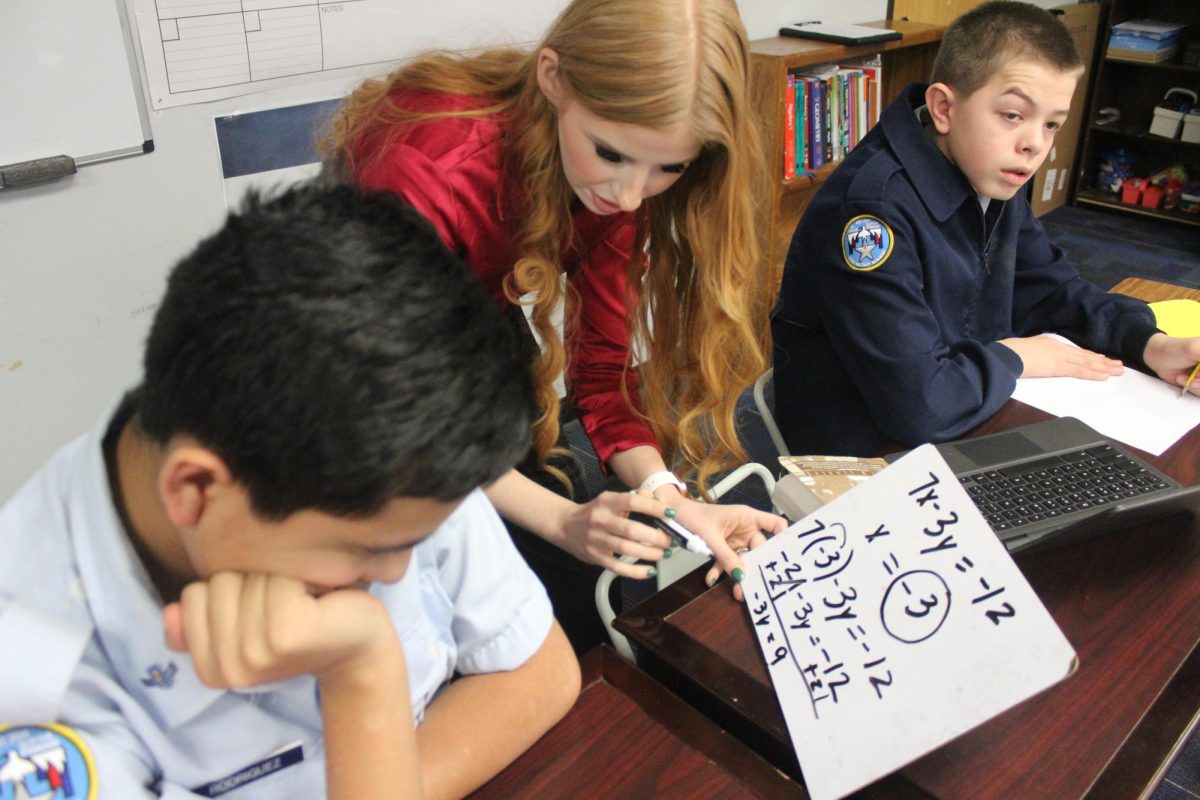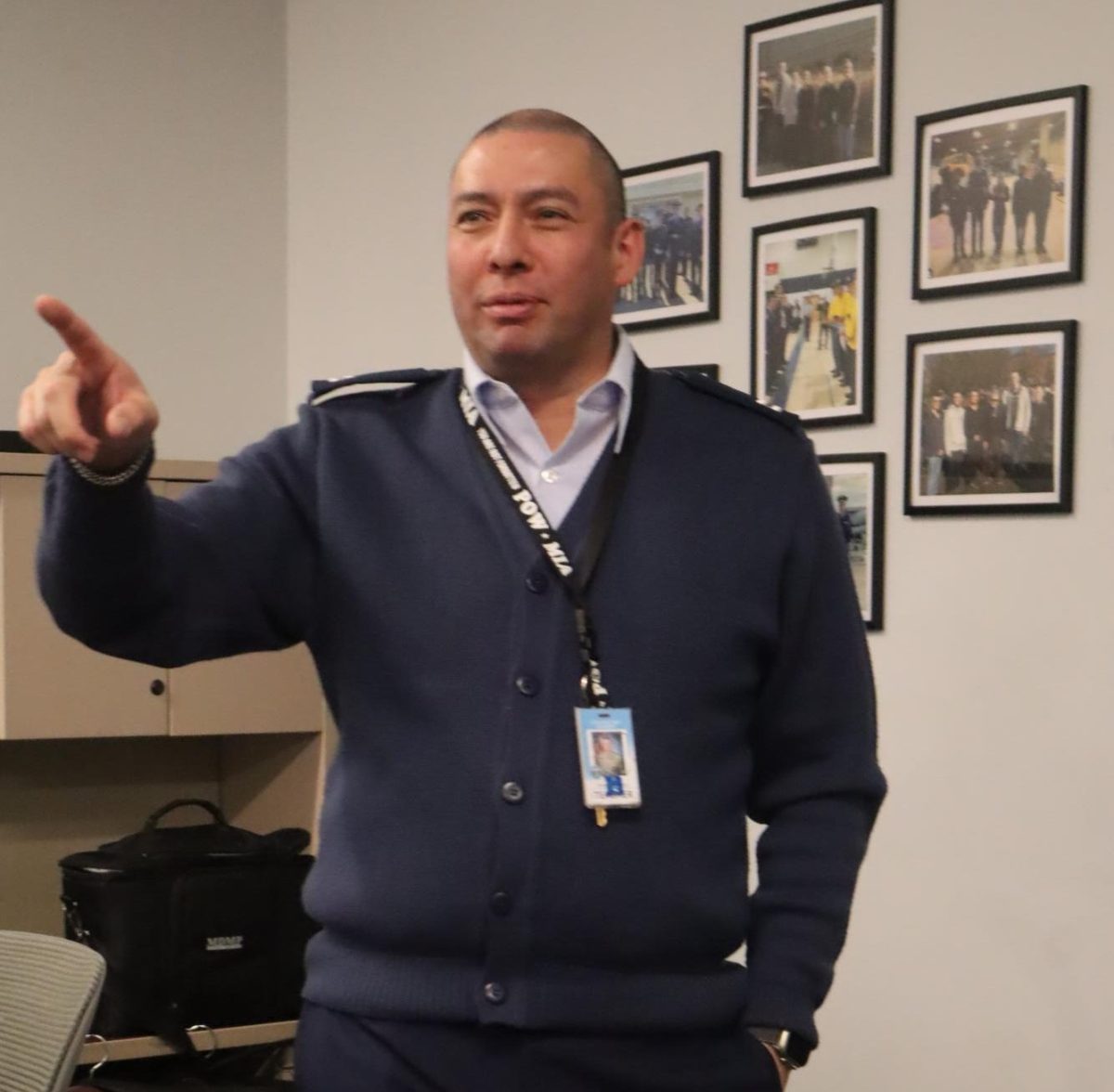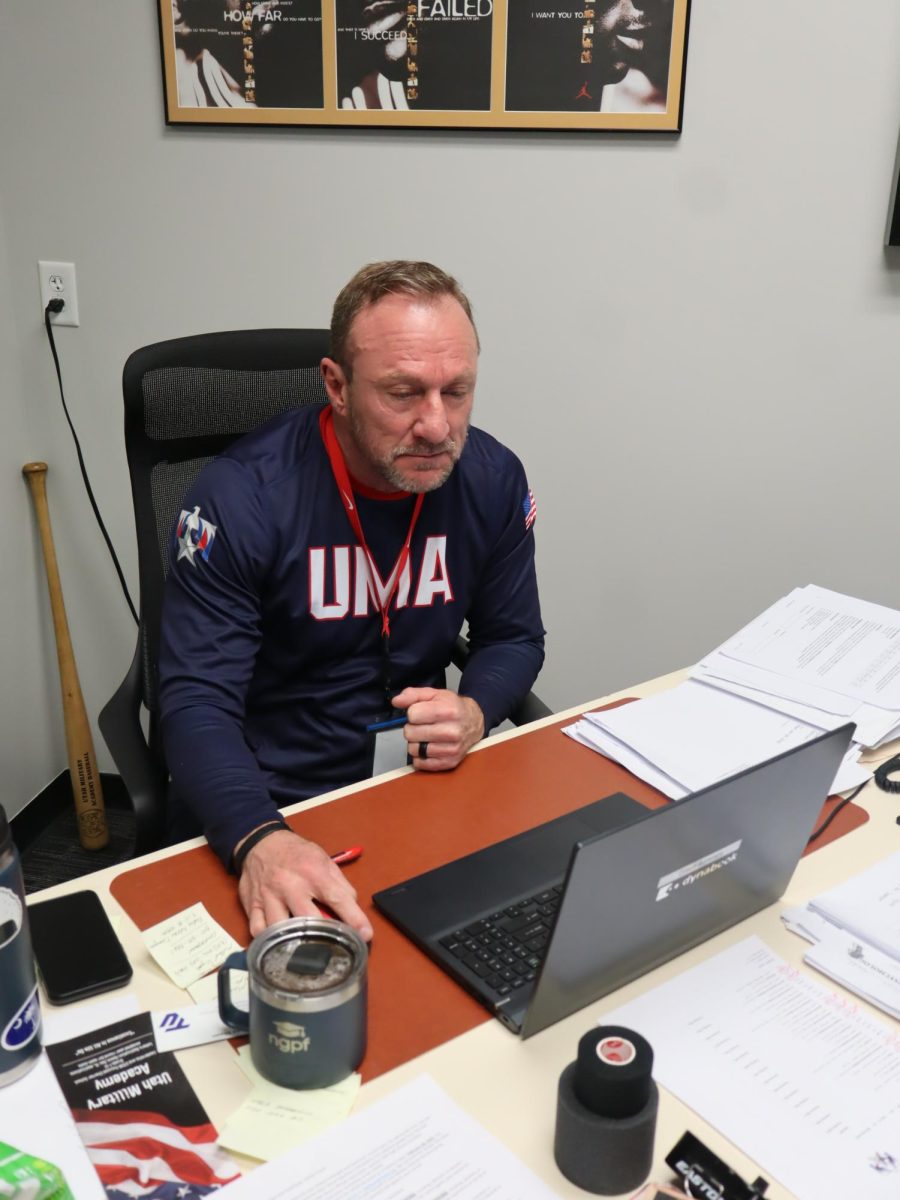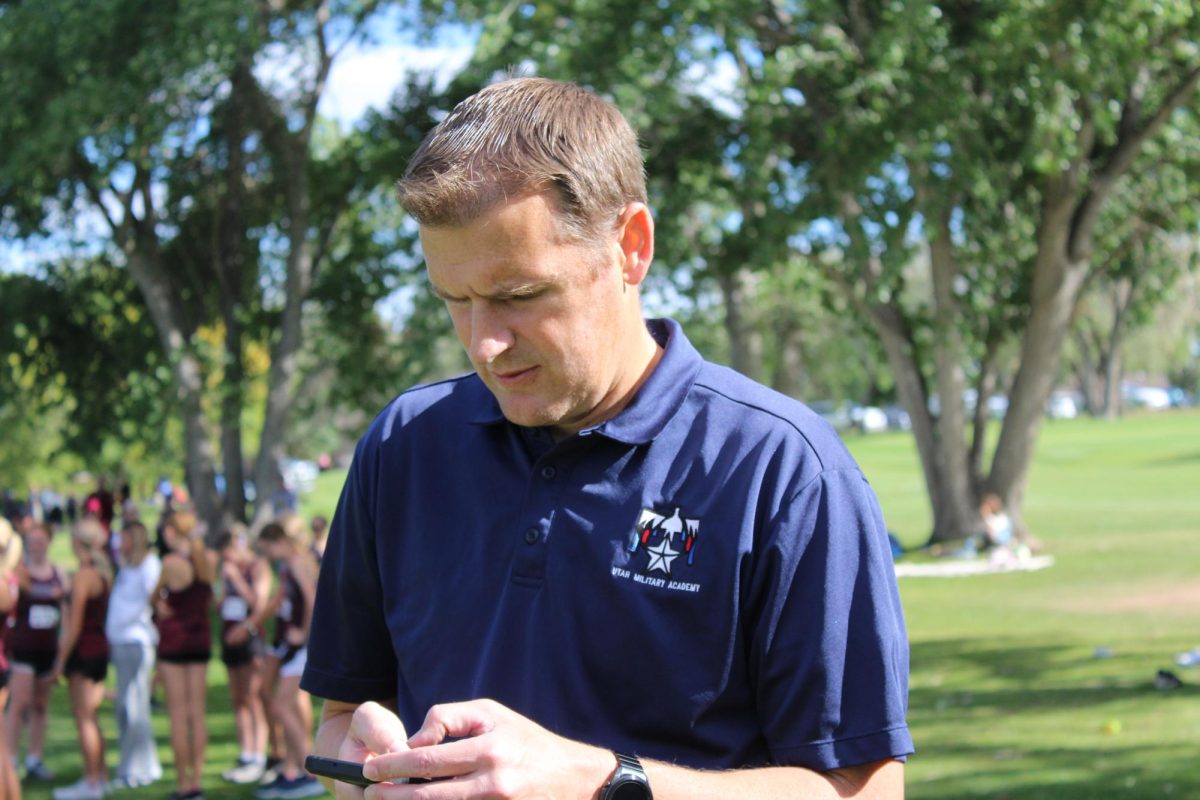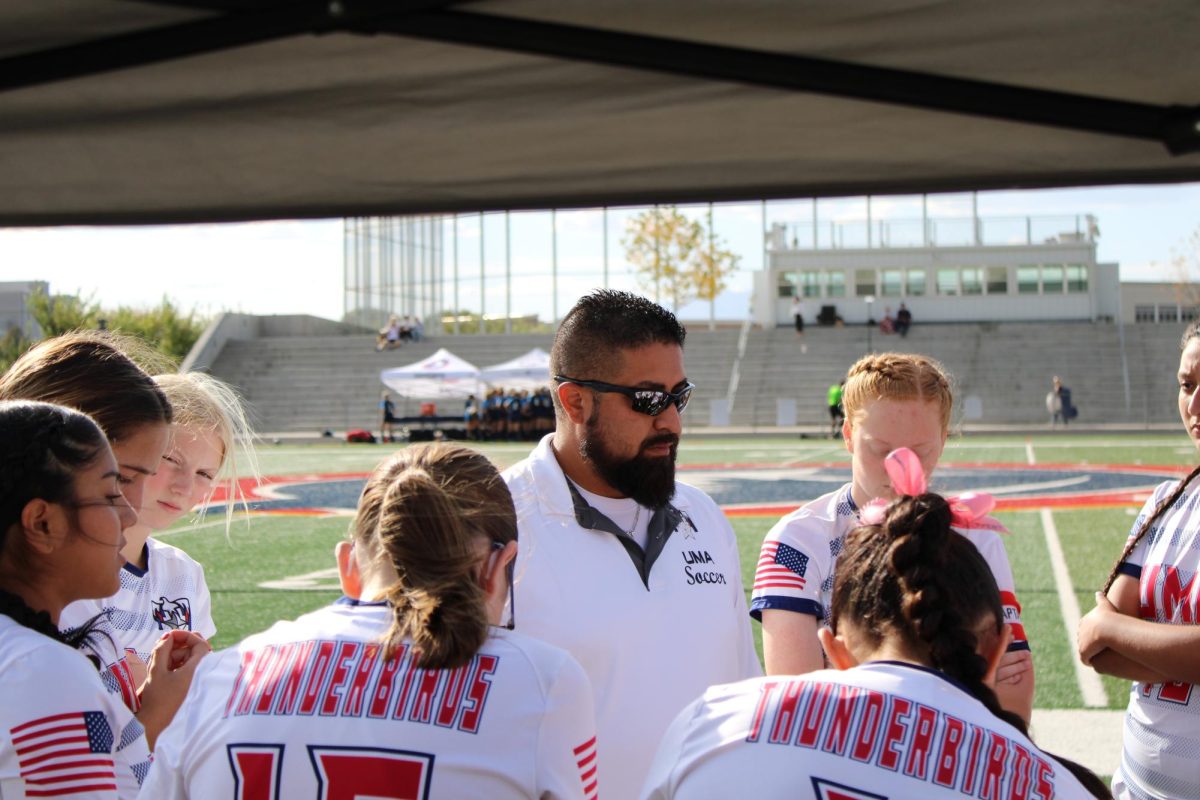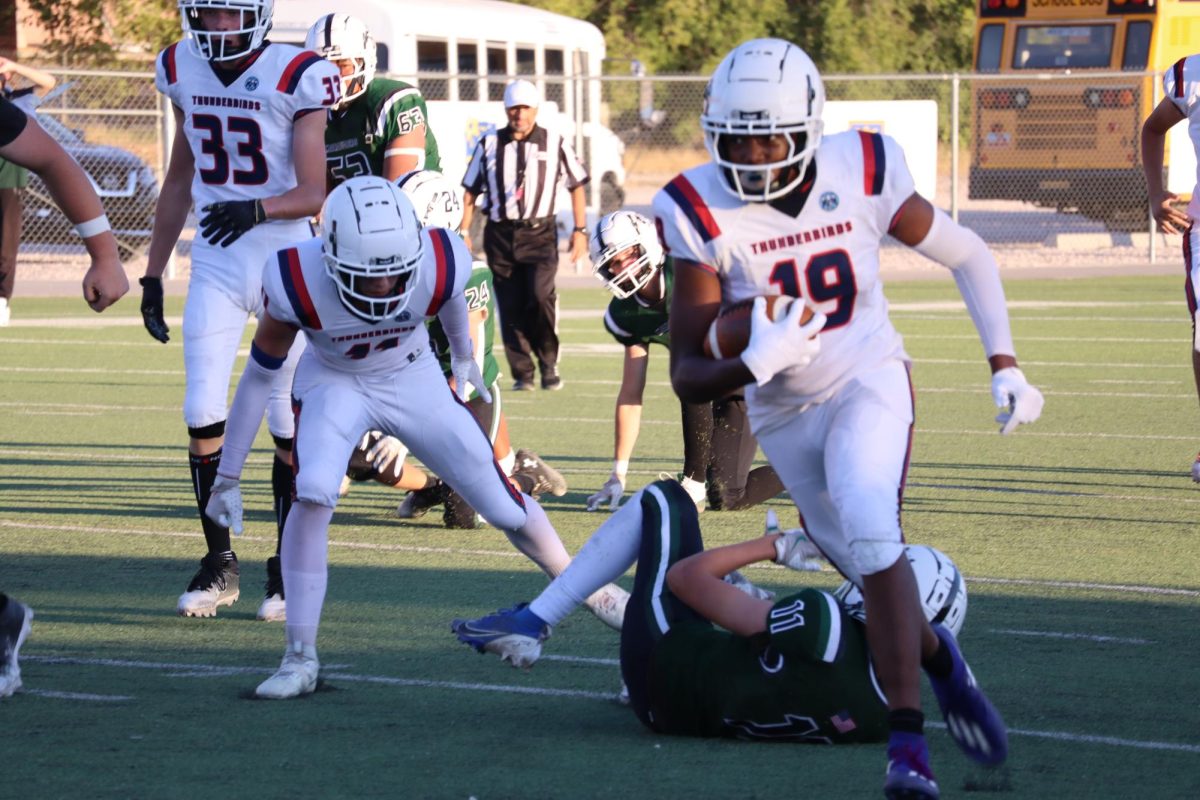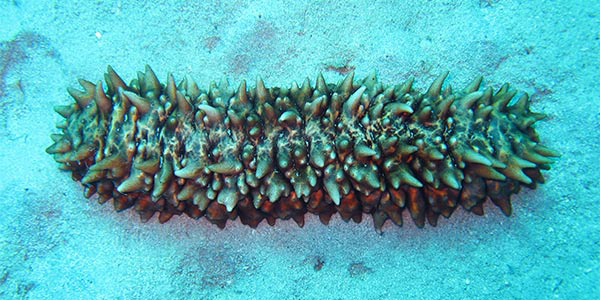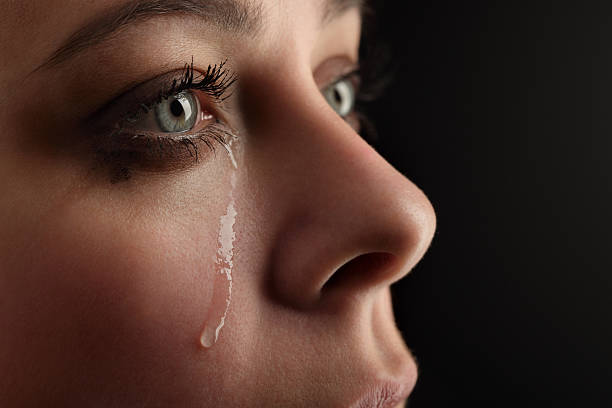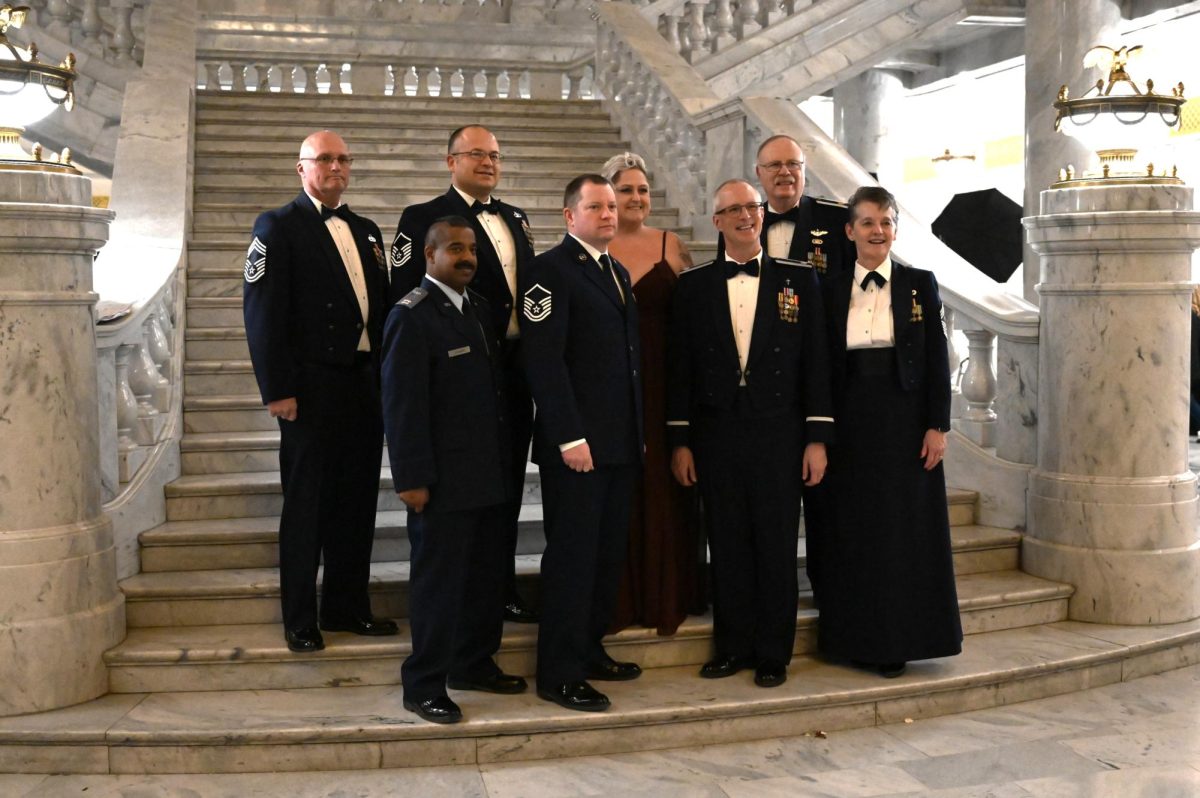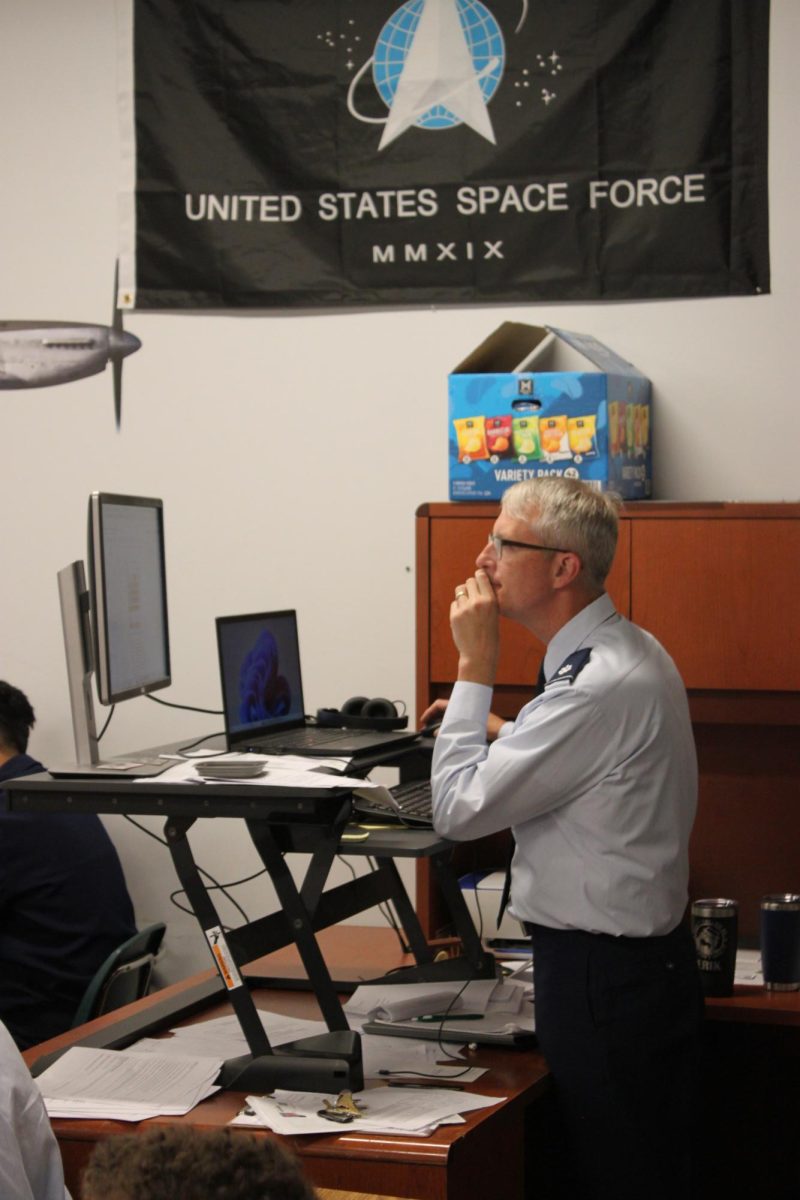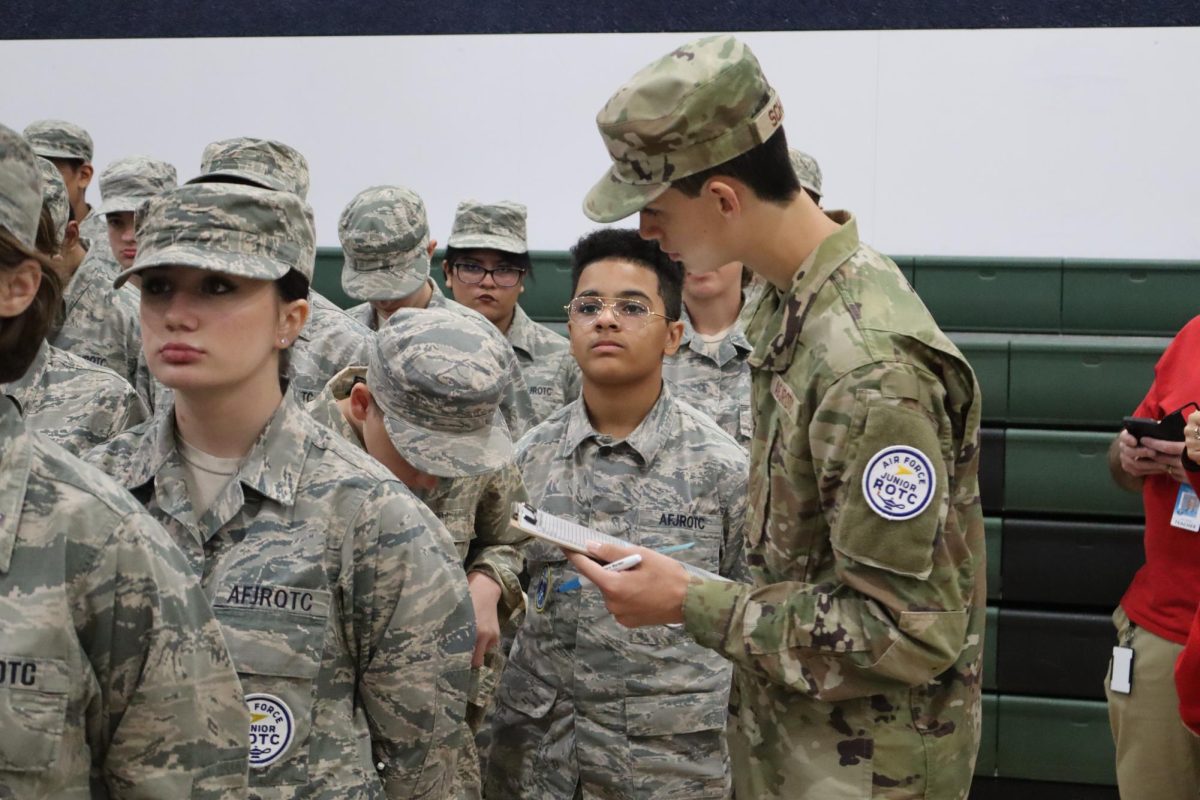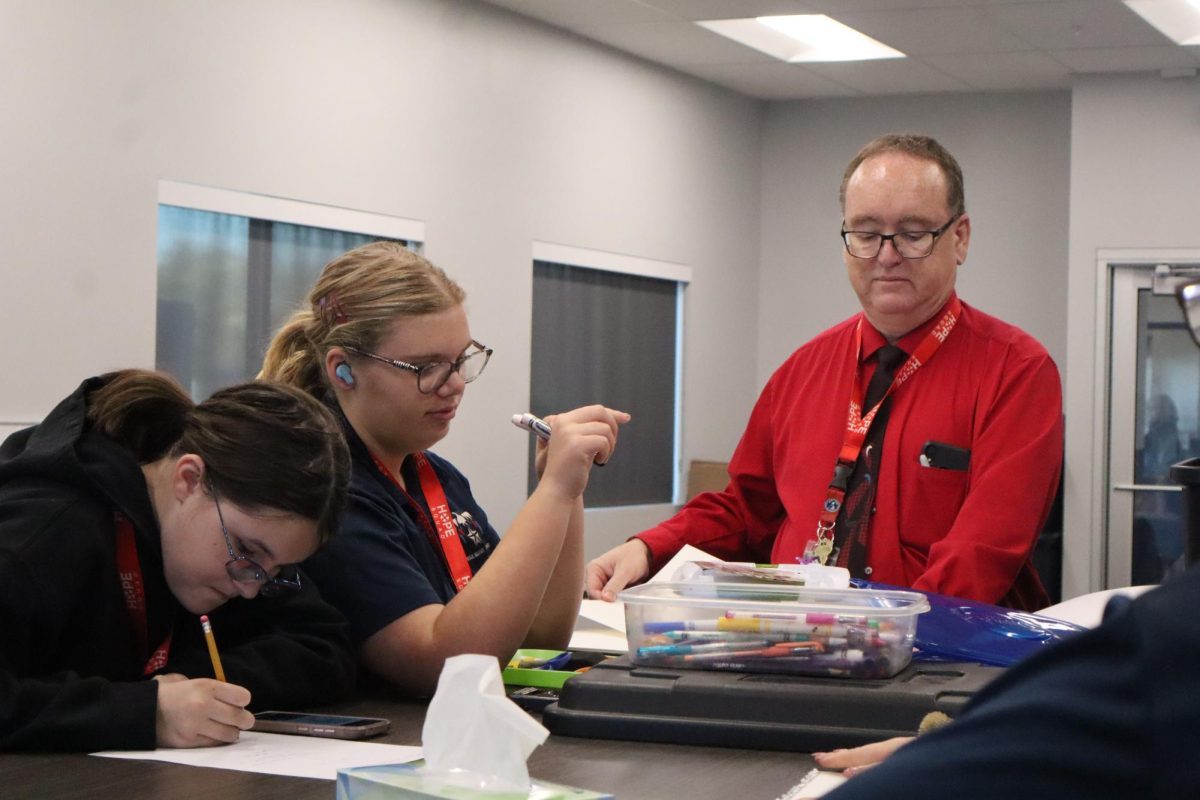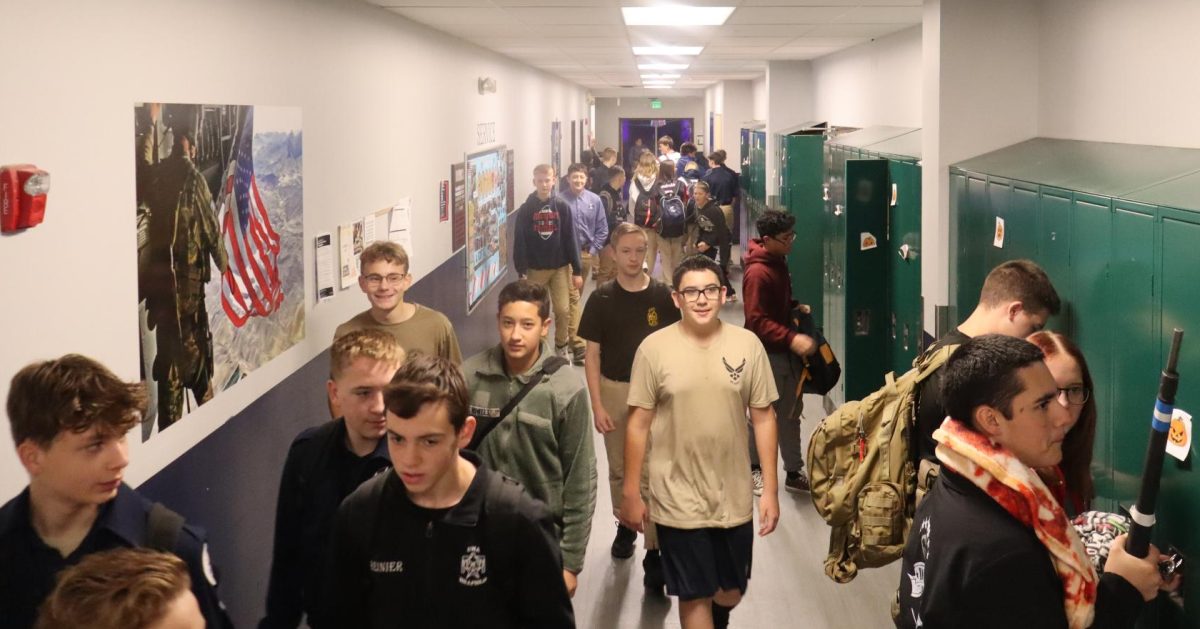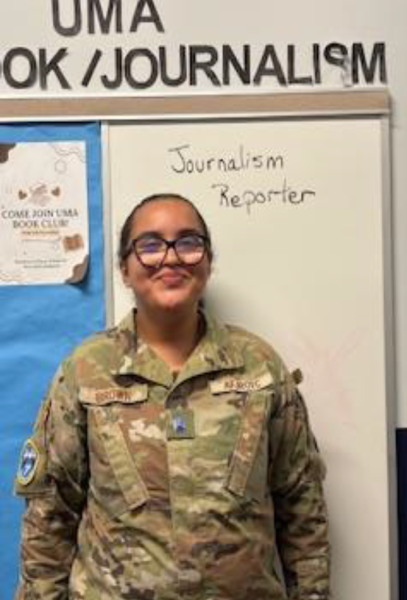1 in every 7 teens will experience mental health disorders, according to the World Health
Organization. Along with that, 42% of teens feel hopeless or sad, 22% have considered self
harm. (Teen Mental Health Facts and Statistics 2024.)
Most teens do not feel comfortable with talking to adults about mental health. That’s when Dr. Greg Hudnall founded Hope Squad. In 1997, there was a high risk of suicide in Provo, UT. Hope Squad’s main goal is to prevent suicide. Suicide is the second most leading cause of deaths within teenagers, first being accidental injuries. The program has spread across the country.
At UMA, we have our Hope Squad community. In 2014, Mrs. Shannon Seward, the facility manager, started the program for our school.
“I started Hope Squad at our school because I wanted to create a supportive, safe community where students feel seen, heard, and valued. Mental health challenges affect so many of us, and I believe having a peer-led program like Hope Squad can make a real difference. Students know they do not have to face their struggles alone!” said Mrs. Seward.
Then, after a couple of years, Ms. Pamela Daw took over the program. “Hope Squad is important because students are the eyes and ears of the school and can help bring awareness and keep kids safe,” said Ms. Daw.
Last year, Mr. Joel Wendel, the school’s social worker took authority for the program.
“It [Hope Squad] is just as important, I have found, as the referrals from the teachers. They have an equal way, or even better way sometimes. We have been able to keep a significant number of students safe. We are emphasizing Hope Squad because it is effective.”
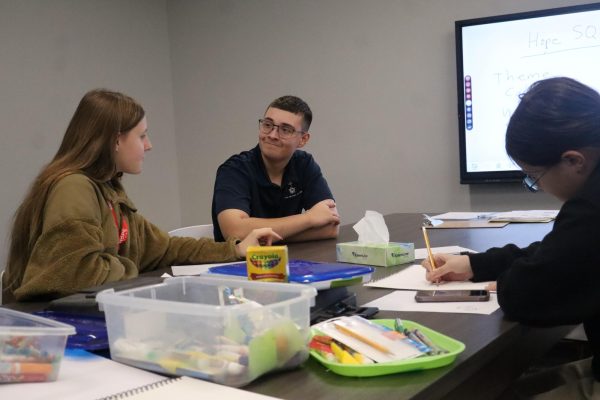
During Hope Squad meetings, which occur twice a week, thecadets talk about the positive things that happened during the week. They talk about specific characteristics that hope squad members have. Mr. Wendel uses positive reinforcement with the members, because most teenagers do not hear a lot of positives in their lives. Mr. Wendal says that, by saying positive things to members, brings hope to other people through kindness and other interactions.
Mr. Wendel typically uses previous Hope Squad members to meet with him in the beginning of the year. If one chooses not to stay in the hope squad, a position opens up to the general student body. To become a member of Hope Squad, cadets meet with Mr. Wendel and secure the proper permission forms. The deadline to join is usually around the end of September.
“Once you are in the Hope Squad, you will always be in the Hope Squad,” explains Mr. Wendel.
The experience that someone can gain from Hope Squad clearly makes an impact on keeping fellow cadets safe, but also provides and teaches life lessons for one to have for the rest of their lives. By developing skills to keep in contact and socialize with other people, and showing the positive impacts of those interactions, benefits cadets for the rest of their lives.
“Many teenagers are not taught that, they are expected of that, but they are not taught to
reinforce it.”
“It is significant in its ability to get referrals for cadets for early intervention or prevention. I know for a fact that it has saved several lives last year and I hope it will do the same this year.”
Hope Squad would not be possible in UMA without our administration. They have made it
possible to have space and time for the meetings, along with the acknowledgement of Hope
Squad.
